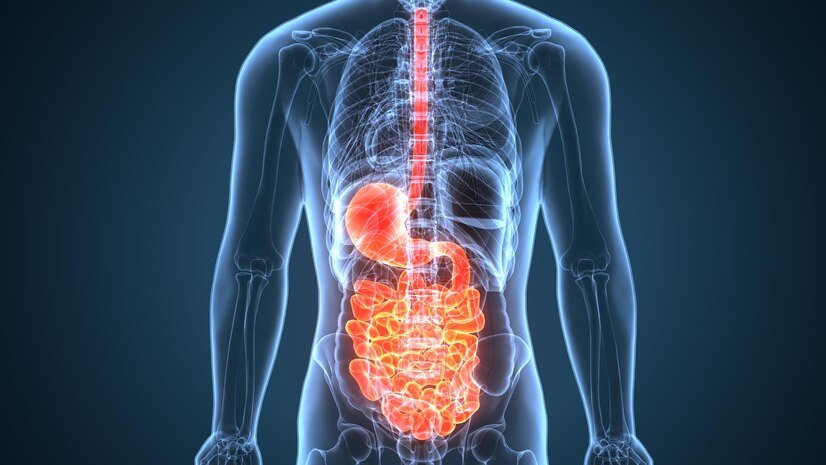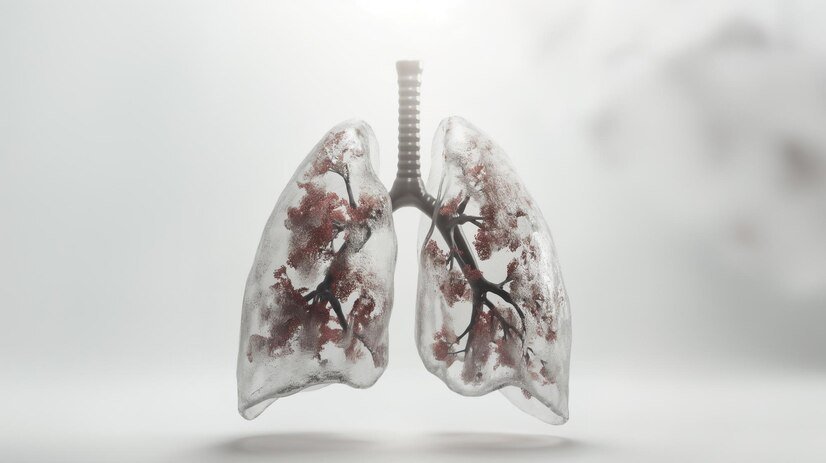Primary Care Physicians
Primary Care Physicians

Primary Care Physicians iMed Billing
A primary care physician / general practitioner is a medical doctor who provides nonemergency, preventive, and first-line diagnostic and treatment services. They handle various issues, from minor accidents and illnesses to chronic diseases, and serve as your initial point of contact for any health-related concerns. Primary Care Physicians (PCPs) are medical doctors who provide comprehensive and continuous healthcare to patients of all ages. They serve as the first point of contact for individuals seeking medical assistance, offering preventive care, diagnosis, treatment, and managing various health conditions. PCPs promote overall wellness, manage chronic diseases, and address acute illnesses. By emphasizing patient education and health promotion programs, they provide people with the information they need to make knowledgeable healthcare decisions. (This adds details about the methods used). PCPs establish long-term relationships with their patients, providing personalized care and coordinating referrals to specialists when necessary. They are essential to healthcare delivery because they speak out for their patient's needs and ensure that their treatment is continued in various venues. PCPs are skilled in preventive medicine, health maintenance, and managing common medical issues encountered in primary care practice.



Internal Medicine in Primary Care
Internal medicine is a medical field that prevents, diagnoses, and treats adult diseases. Internal medicine physicians and internists provide comprehensive primary care services to adults and manage various health conditions, from common illnesses to complex-chronic diseases.

Scope of Practice

Preventive Care
Internists emphasize preventive care measures such as routine screenings, vaccinations, and health counseling to maintain overall wellness and prevent the onset of diseases.

Diagnosis and Treatment:
Internists are skilled to diagnose and manage various health conditions, including hypertension, diabetes, heart disease, respiratory disorders, gastrointestinal issues, and infectious diseases.


Chronic Disease Management
Internists are vital in managing chronic conditions such as hypertension, BMI, diabetes, asthma, and arthritis. They monitor disease progression, adjust treatment plans, and coordinate care to optimize patient outcomes

Health Promotion & Education
Internists educate patients about healthy lifestyle choices, disease prevention strategies, and medication adherence to empower them to take control of their health and well-being. Their expertise encompasses multiple medical specialties,

Primary Care Focus
Internists serve as adult primary care physicians, providing comprehensive and continuous care across various healthcare settings, including outpatient clinics, hospital-based practices, and long-term care facilities. They serve as the central point of contact for patients' medical needs, coordinating care with specialists when necessary and advocating for their patients' health and well-being


Role in Preventive Care
Internists play a vital role in preventive medicine by conducting routine health screenings, such as blood pressure, cholesterol, and cancer screenings, to detect early signs of disease and promote early intervention. In order to assist patients in maintaining their best health and lowering their chance of contracting chronic illnesses, they also offer lifestyle counseling on topics including nutrition, exercise, quitting smoking, and stress management


Continuity of Care
Internists provide continuity of care by establishing long-term relationships with their patients, understanding their medical histories, and monitoring their health over time. They act as their patients' dependable counselors and advocates, helping them make difficult medical decisions, arranging care from several physicians, and guaranteeing smooth transitions between healthcare facilities


Multidisciplinary Approach iMed Billing
Internists collaborate closely with other healthcare professionals, including nurses, nurse practitioners, physician assistants, pharmacists, and specialists, to deliver comprehensive, patient-centered care. To obtain the best possible health outcomes for their patients, they appreciate a multidisciplinary approach to patient care and understand the significance of collaboration and communication.


Role and Significance
Primary Care Physicians (PCPs) are medical doctors who provide comprehensive health care. They are essential to preserving general health as they are frequently the initial point of contact for individuals seeking medical care. PCPs manage various health issues, from acute illnesses to chronic diseases, and are integral to preventive care and health education

Functions and Responsibilities
-
Preventive Care
Conduct routine checkups, screenings, and vaccinations to prevent illnesses and maintain health.
-
Diagnosis and Treatment
Evaluate symptoms, diagnose conditions, and develop treatment plans for various health issues, including infections, injuries, and chronic diseases like diabetes, hypertension, and asthma.
-
Chronic Disease Management
Monitor & manage chronic-conditions, ensuring patients follow treatment regimens and make the required lifestyle changes.
-
Referrals and Coordination of Care
When necessary, refer patients to experts for additional assessment and care and arrange care from other healthcare professionals to guarantee all-encompassing care.
-
Health Education
Educate patients about healthy lifestyle choices, disease prevention, and management of existing health conditions



Specialized Roles in Various Medical Fields
A primary care physician / general practitioner is a medical doctor who provides nonemergency, preventive, and first-line diagnostic and treatment services. They handle various issues, from minor accidents and illnesses to chronic diseases, and serve as your initial point of contact for any health-related concerns

Detailed Components

Screening and Diagnosis
Perform preliminary evaluations for mental health issues, including anxiety, depression, and drug addiction

Basic Counseling
Provide initial counseling and support for mental health issues

Medication Management
Prescribe and manage medications for mental health conditions

Referral to Specialists
For more intensive care, refer patients to mental health specialists like psychiatrists, psychologists, or counselors
Detailed Dermatology

Skin Evaluations
Perform initial evaluations of skin conditions such as rashes, acne, eczema, and suspicious moles.

Essential Treatments
Prescribe treatments for common dermatological conditions. Specialist Referrals: Refer patients to dermatologists for advanced care, such as skin biopsies or treatment of skin cancers.

Detailed Gastroenterology
-
Digestive Health Management
Examine and treat common digestive problems include constipation, irritable bowel syndrome (IBS), and acid reflux
-
Screening Tests
Recommend and interpret screening tests like colonoscopies for colorectal cancer. Referrals: Refer patients to gastroenterologists for specialized procedures and treatments.
Detailed Pulmonology
-
Respiratory Assessments
Evaluate and treat common respiratory conditions such as asthma, Chronic-Obstructive-Pulmonary-Disease (COPD), and bronchitis
-
Lung Health Monitoring
Monitor and manage chronic lung conditions
-
Specialist Consultations
Refer patients to pulmonologists for advanced care, such as pulmonary function tests and management of complex lung diseases


Urinary Tract Infections (UTIs)

Diagnosis and Treatment
Diagnose and treat UTIs with appropriate antibiotics.

Recurrent UTI Management
Work with patients to prevent recurrent UTIs through lifestyle changes and possibly long-term medications.

Gut Health
Nutritional Advice: Guide diet and nutrition to support gut health.

Management of GI Conditions
Diagnose and manage conditions like IBS and food intolerances. Probiotic Recommendations: Advice on using probiotics and other supplements to improve gut flora.


Lab Tests
-
Ordering and Interpretation
Conduct lab tests to diagnose and monitor various health conditions.
-
Routine Screenings
Routine blood tests, urinalysis, and other screenings are conducted as part of preventive care.
-
Follow-up
Monitor lab results to track patient progress and adjust treatment plans accordingly
Referrals and Coordination of Care)
-
Specialist Referrals
Provide referrals to specialists for conditions that require advanced expertise.
-
Coordination
Ensure seamless communication between healthcare providers to offer comprehensive and coordinated care
-
Patient Advocacy
Advocate for patients within the healthcare system, ensuring they receive the necessary services and follow-up care



CPT codes by Primary care providers
Primary care providers (PCPs) perform various clinical and administrative tasks in primary care settings, captured through various Current Procedural Terminology (CPT) codes. Here is a list of CPT codes commonly performed by PCPs:
These CPT codes represent a selection of the services provided by primary care providers in managing patients' health and well-being. They cover a spectrum of activities, including preventive care, diagnostic testing, minor procedures, chronic disease management, counseling, and care coordination. Utilizing appropriate CPT codes ensures accurate documentation and reimbursement for the services rendered by PCPs, contributing to high-quality patient care


Evaluation and Management (E/M) Services
Office or other outpatient visit for the E&M of a patient, varying in complexity and decision-making level.
Preventive medicine counseling and risk factor reduction intervention, including counseling for healthy lifestyle behaviors and screenings
Preventive Care
Comprehensive preventive medicine services, including age-appropriate annual wellness exams, screenings, and counseling
Immunization administration for vaccines, including counseling and coordination.
Diagnostic and Screening Tests
Minor Surgical Procedures
Incision and drainage of abscess or hematoma
Removal of foreign body from skin or subcutaneous tissue.
Repair of superficial wounds, including suturing and closure
Chronic Disease Management
Complex chronic care management services, including care planning and coordination.
Chronic care management services, including at least 20 minutes of monthly clinical staff time.
Behavioral Health and Counseling
Preventive counseling and risk factor reduction interventions, including tobacco cessation counseling and obesity counseling
Health and behavior assessment and intervention services, including screening for depression and anxiety
Care Coordination and Communication
Inter professional telephone/Internet/electronic health record consultations and referrals.
Transitional care management services for patients transitioning from inpatient to community settings.
At iMedbillingPro, we are aware of the challenges and suffering that healthcare providers encounter when delivering first-rate patient care.
Copyright © 2024 iMed Billing Pro All Rights Reserved.

